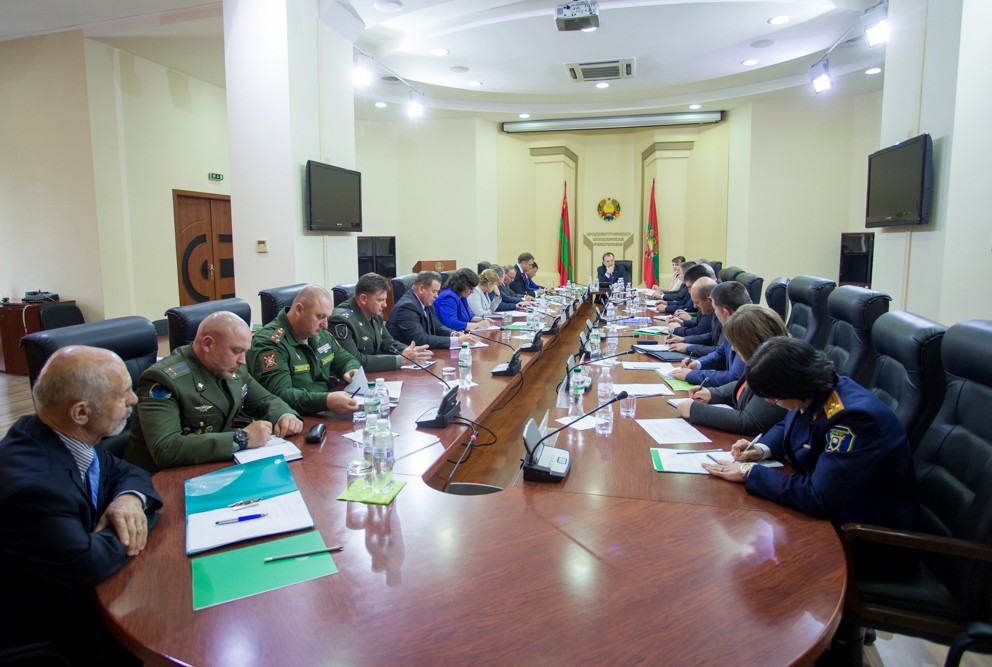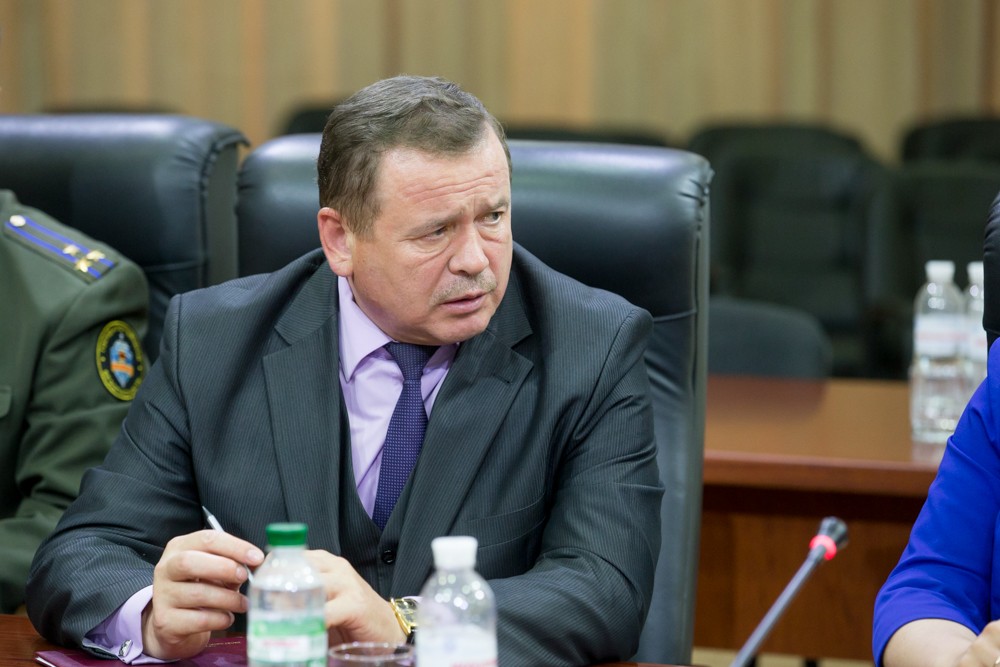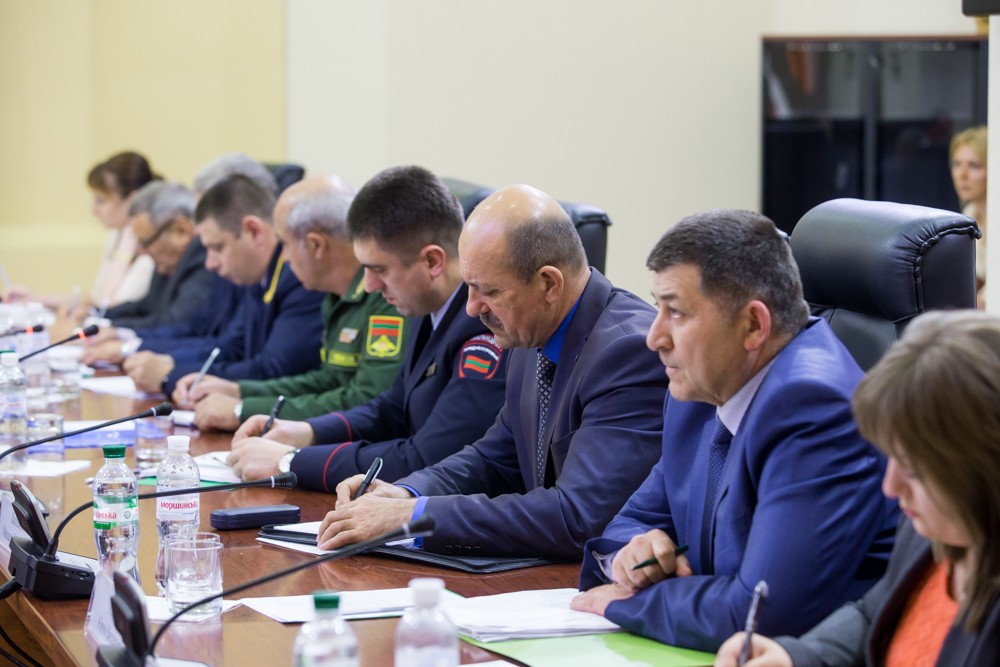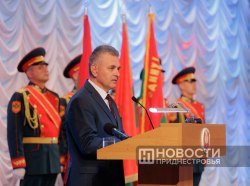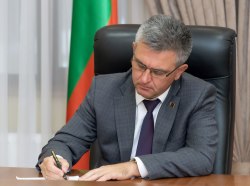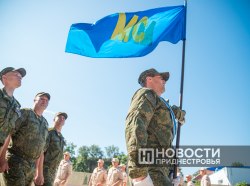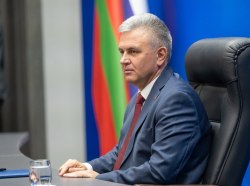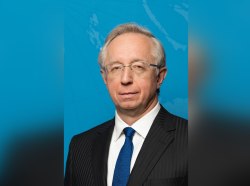Tiraspol, 26 May. /Novosti Pridnestrovya/. President Yevgeny Shevchuk held a meeting of the Security Council. Issues on the agenda concerned the situation in and around Pridnestrovie, the president's press service reports.
The focus of attention was the subject of information security. Security Council members expressed concern over the protection of Pridnestrovie's information space against the threats that arise as a result of the dissemination of privileged or false information.
The president gave a spectrum of instructions aimed to strengthen control over information attacks destabilising the country's situation.
Commenting on the meeting's results, the secretary of the Security Council of the PMR, Vladislav Finagin, said: «There is a peculiar situation when certain information constituting an official or state secret is discussed in public and is publicly available. Therefore, it has been decided to draft a number of legal acts restricting open access to such information and suggesting responsibility of public officials disclosing it to media outlets and at various meetings.»
The situation in the Security Zone was also discussed at the meeting. Pridnestrovie's co-chair to the Joint Control Commission (JCC), Oleg Belyakov, informed council members that the situation in the Security Zone has remained difficult since April.
«This April we could witness unsanctioned flights of foreign aircraft. They were conducting an aerial survey in the Security Zone without securing approval of the Joint Control Commission and performed double-purpose actions. This lack of coordination with the JCC poses a threat," noted Oleg Belyakov. «On 1 May 2016 the Republic of Moldova unilaterally introduced its carabineers law enforcement unit to the Security Zone. Their number is being established now. How can we evaluate such actions? As exceptionally aimed at aggravating the situation in the Security Zone. This is why the Pridnestrovian side will continue raising this issue within the framework of the Joint Control Commission and military command to look into the current situation, in particular the functions, targets and tasks fulfilled by the military units introduced to the territory which is in the legal framework of the peacekeeping operation.

